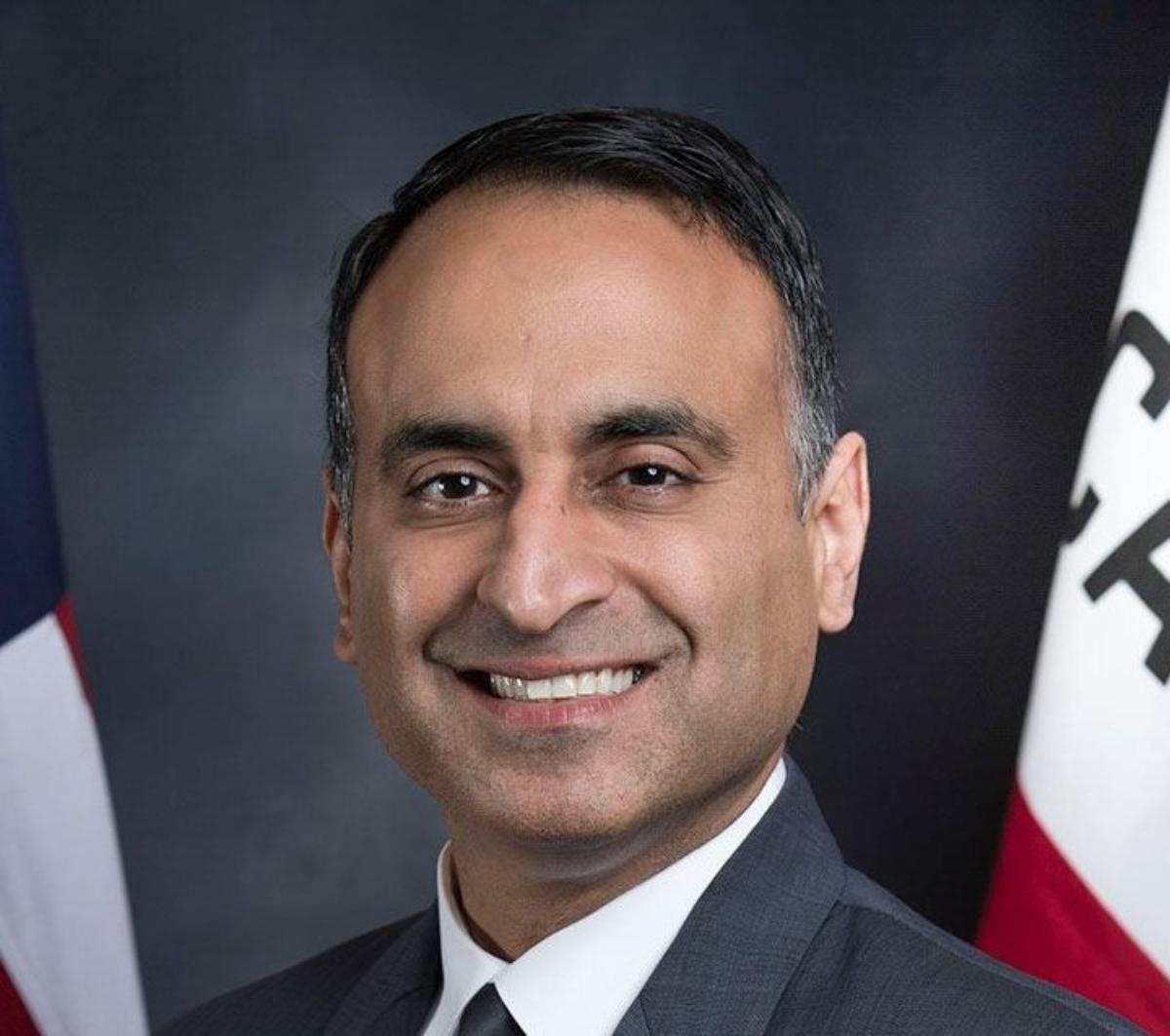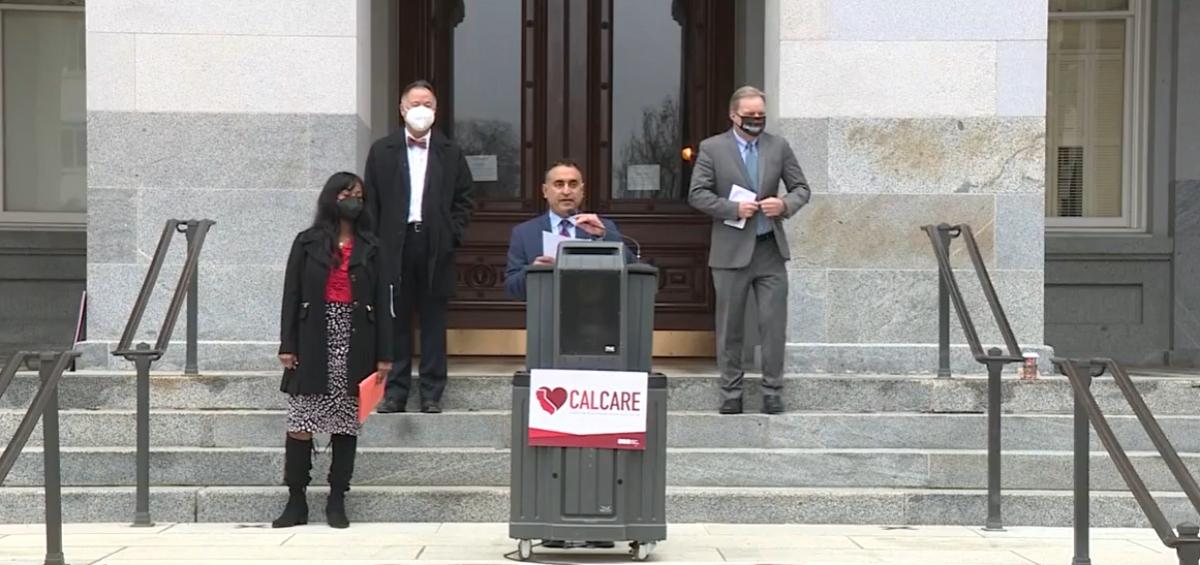California Universal Healthcare Bill: Proposal and Funding, Explained
California legislators are attempting to advance a proposal for universal healthcare and a separate bill to fund the program through taxes.
Jan. 7 2022, Published 12:04 p.m. ET

Democratic legislators in California are looking to revive attempts at universal healthcare. As US News and World Report stated, two separate bills are under consideration—one to implement universal healthcare and another to levy new taxes in order to pay for the programs.
A form of universal healthcare has long been a subject of debate in Washington, D.C., and the state legislative bodies. Vermont Senator Bernie Sanders is one of the most prominent politicians to support universal healthcare. Now, Democratic leaders in California hope to push forth legislation to make it a reality there.

California Assemblymember Ash Kalra is leading the charge for universal healthcare in California.
How much would California universal healthcare cost?
Democratic Assemblyman Ash Kalra is proposing an amendment to the state Constitution to levy taxes to fund the new (separate) healthcare bill. He said that California “can show the rest of the country how to take care of one another.”
The Sacramento Bee reported on Jan. 6 that the new plan would tax businesses and people making over $49,900.
Here’s the breakdown of business costs proposed by the amendment:
Annual 2.3 percent tax on businesses with at least $2 million in annual revenue
1.25 percent payroll tax on companies with at least 50 employees
1 percent tax on employers paying employees at least $49,900
Tax changes for wealthier people range from:
0.5 percent tax levy on income of anyone earning at least $149,509 annually
2.5 percent income tax on those earning over $2.48 million annually
According to US News, the president of the California Taxpayers Association, Robert Gutierrez, said, “This measure would add to the cost of living in California and lead to job losses, without any guarantee that the $163 billion in new taxes would benefit anyone.”
The California Medical Association and the California Association of Health Plans are part of a coalition of healthcare groups opposing the plan. They claim that it will take away the choice for people to opt-out or select their own private coverage.

Assemblyman Ash Kalra speaking about AB 1400 on Thursday, January 6, 2022.
What steps are required for California to pass universal healthcare?
Several steps must be completed for the proposed tax increases and universal healthcare reform to happen. Assemblyman Jim Wood has advanced the proposal, so it must pass his committee by Jan. 14 and the full Assembly by Jan. 31. The state legislature will likely pass the bill due to its Democratic majority.
The tax proposal to fund the healthcare plan has a longer timeline and a tougher objective. It needs to pass by two-thirds in the state legislature and then pass a voter referendum that could happen in November.
Who supports universal healthcare?
Governor Gavin Newsom has voiced his support for a single-payer healthcare plan in the past. Kalra’s bill, AB 1400, also has the backing of the California Nurses Association.
As the Sacramento Bee reported, a lobbyist for the CNA, Stephanie Roberson, said that the bill intends to ensure that “people are not dissuaded from accessing quality health care because they don’t have the ability to pay.”
Kalra said that insurers and some health providers and businesses focus on the tax increase but ignore the higher costs they charge citizens for healthcare. He claims that the average employer pays 9.9 percent of payroll for healthcare, which would drop to 1.25 percent under his plan.
Kalra also claims that for the average worker earning $75,000, the annual cost for healthcare would drop from about $1,875 to $250 per year.
